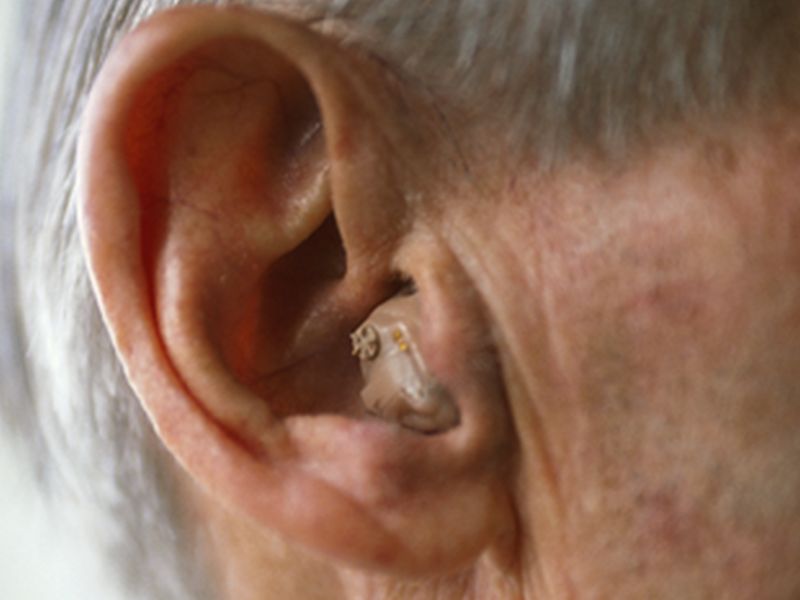

Although it has been called the world’s most dangerous idea, transhumanism probably provokes more ridicule than fear. Uploading one’s brain onto the internet or talk of thousand-year life spans seems to defy common sense.
Nonetheless, my theory is that transhumanism is the logical outcome of a lot of contemporary bioethical theory. So developments in transhumanism are worth paying attention to.
The biggest story at the moment is the quixotic campaign of the head of the Transhumanist Party, Zoltan Istvan, for president of the United States. He is a philosophy and religious studies graduate of Columbia University and has worked as a journalist for the National Geographic Channel.
Mr Istvan has been running a blog on the Huffington Post for a while about his campaign which aims to make the platform of his party more plausible. In the latest post he defines transhumanism as “the radical field of science that aims to turn humans into, for lack of a better word, gods”. So while transhumanism is resolutely atheistic, it has religious aspirations.
And unlike Richard Dawkins and other militant atheists, Istvan argues that our responsibility is to transcend evolution. He writes: “the human body is a mediocre vessel for our actual possibilities in this material universe. Our biology severely limits us. As a species we are far from finished and therefore unacceptable… Biology is for beasts, not future transhumanists.”
It’s a curious development. While many prominent scientific thinkers want to abolish God and treat man as one beast amongst many, transhumanists want to abolish evolution and recreate God (or gods).

Michael Cook
Editor
BioEdge
| This week in BioEdge | |
by Xavier Symons | Apr 30, 2016
What did Will have to say about medicine and health?
by Michael Cook | Apr 30, 2016
Let them choose for themselves
by Michael Cook | Apr 30, 2016
Suicide crisis in remote towns highlights need for caution
by Michael Cook | Apr 30, 2016
There are risks, but it could save lives
by Xavier Symons | Apr 30, 2016
In a world first, the State of Kuwait will require all citizens and visitors to provide DNA samples to government authorities.
by Xavier Symons | Apr 30, 2016
Criticism is mounting in Australia about the sale of low-evidence complementary medicines in pharmacies.
by Xavier Symons | Apr 30, 2016
This week Nature published a strident editorial defending 'legitimate concerns' about contemporary AI research.
BioEdge
Suite 12A, Level 2 | 5 George St | North Strathfield NSW 2137 | Australia
Phone: +61 2 8005 8605
Mobile: 0422-691-615
Email: michael@bioedge.org
New Media Foundation | Level 2, 5 George St | North Strathfield NSW 2137 | AUSTRALIA | +61 2 8005 8605












































